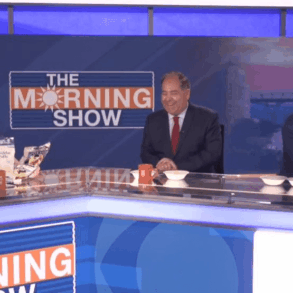
US, which has charged an Adani company of financial hanky-panky, should look into its own track record
A US court has charged an Adani company of having allegedly paid “billions of dollars” in bribes to officials of five Indian states to buy electric power supplied by it at inflated rates. As the company in question had raised funds on the US stock exchange, the issue falls within American jurisdiction.
The Adani group has denied all accusations of wrongdoing, and students of corporate affairs might find more than a vein of irony in the accusation levelled by the self-proclaimed bastion of capitalism and laissez-faire, a phrase derived from 18th-century French economists, which roughly translates as “Do whatever the heck you want to make money, and don’t let pernickety rules get in your way while you’re doing it”.
That was the implicit motto of what history has called the ‘robber barons’ of the late 19th and early 20th centuries who helped to create the economic superpower that America is today.
The term ‘robber baron’, which linked thievery with entitled aristocracy, is derived from the medieval German ‘Raubritter’ (Robber Knights), who charged illegal tolls from travellers and resorted to other forms of brigandry.
In more recent times the term, translated into English as ‘robber barons’, was first used in 1859 in NYT to describe the business model of an American tycoon of the era, Cornelius Vanderbilt. As a historian put it, the tag “conjures visions of titanic monopolists who crushed competitors, rigged markets, and corrupted governments…”
A list compiled in 1934 names 26 robber barons, including Andrew Carnegie, JP Morgan, and John D Rockefeller.
In today’s terms, the fortunes of these plutocrats would greatly exceed those of the world’s richest individuals, such as Elon Musk and Jeff Bezos. Through systemic market manipulation, bribery, and worker exploitation, these modern avatars of Midas laid the foundation of American capitalism.
In later life several of them became notable philanthropists and patrons of art, education, and culture, earning the rubber stamp of public approval. Or should that be robber stamp?
Disclaimer
Views expressed above are the author’s own.
END OF ARTICLE
This post was originally published on this site be sure to check out more of their content.








